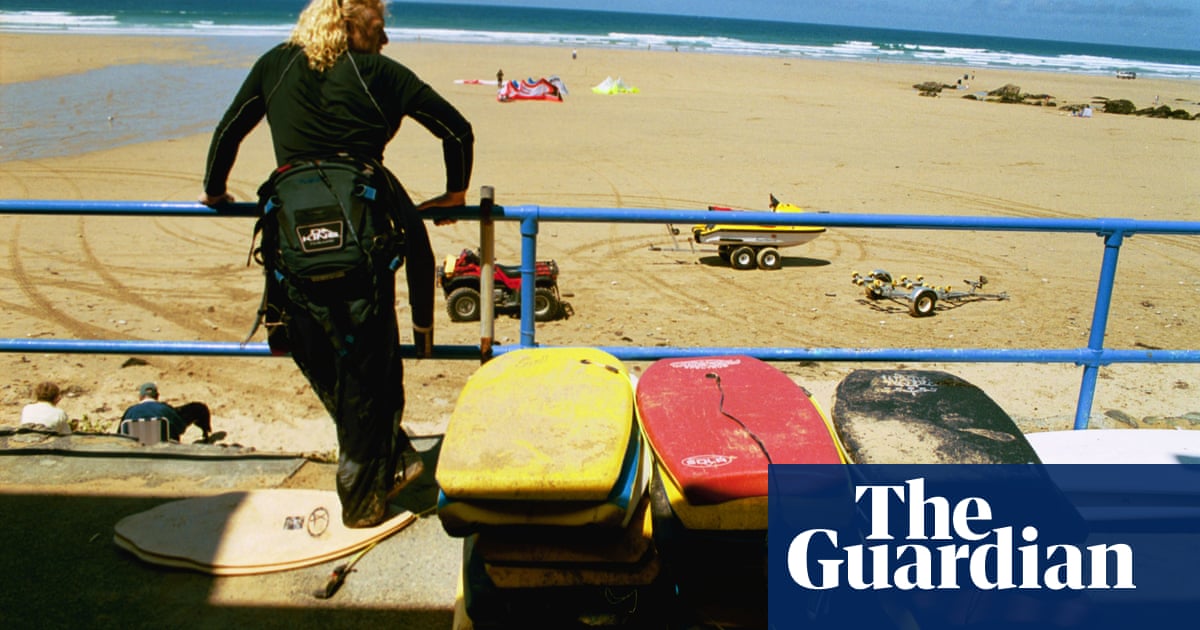
The environment secretary, George Eustice, has made a commitment to reducing releases of raw sewage by water companies into rivers and coastal waters. Eustice said there was “still too much reliance” by water companies on storm overflows to discharge sewage into waterways.
A government taskforce set up following growing pressure over sewage pollution in rivers announced that water companies had agreed to be more transparent about pollution discharges from storm overflows. The taskforce said it had agreed an objective to reduce the harm of sewage releases via storm overflows.
Guardian data obtained from water companies shows that in 2019 nine English water companies released untreated sewage into rivers 204,134 times. Discharges of sewage via storm overflows are supposed to take place only after extreme weather.
A private member’s bill aiming to force water companies to stop discharging raw sewage into rivers, promoted by the Conservative MP Philip Dunne, had attracted support from more than 100 MPs before its second reading, which was to have been on Friday but has been cancelled because of coronavirus restrictions.
Eustice said he supported the aims of Dunne’s bill to “go further and faster specifically on storm overflows”.
“Clean and healthy rivers are vital for our environment and wildlife, which is why we set up the taskforce to reach across industry and build consensus on how we can keep the use of storm overflows to an absolute minimum,” he said. “Improvements are being made all the time, but there is still too much reliance on these by water companies. It is good to see that the taskforce has reached agreement on a long-term goal to eliminate their harm.”
The taskforce, made up of government officials, the Environment Agency, the water industry and Ofwat, said on Friday it had agreed the aim of reducing harm from overflows.
Water companies have agreed to make real-time data on sewage discharges available at bathing sites all year round, meaning surfers, swimmers and other water users can check the latest information – especially after heavy rainfall, the taskforce said. However, only one section of one river in the UK is a designated bathing water, so the changes will not apply to rivers.
The taskforce said it had agreement from water companies that they would publish annual monitoring data on their websites about their use of storm overflows so that progress in reducing their use could be tracked. The Environment Agency will compile this data into an annual report that is easily accessible to the public.
Emma Howard Boyd, who chairs the agency, said: “Publishing easily accessible data is an important step to reversing the overuse of storm overflows, but disclosure is only ever the beginning. People want to see progress.
“Water quality in England’s 240,631km of river is everyone’s responsibility, but water companies have a pivotal role in helping the whole country make the necessary big changes. We look forward to working with them, as well as government and MPs, to turn today’s ambition into action.”
Dunne said: “I have been shocked to discover the extent of sewage routinely spilled in our rivers. Poor water quality has a very damaging impact on aquatic species which depend on clean rivers and risks healthy enjoyment of our rivers by the public. I am really pleased this government has recognised that this has got to change.”












